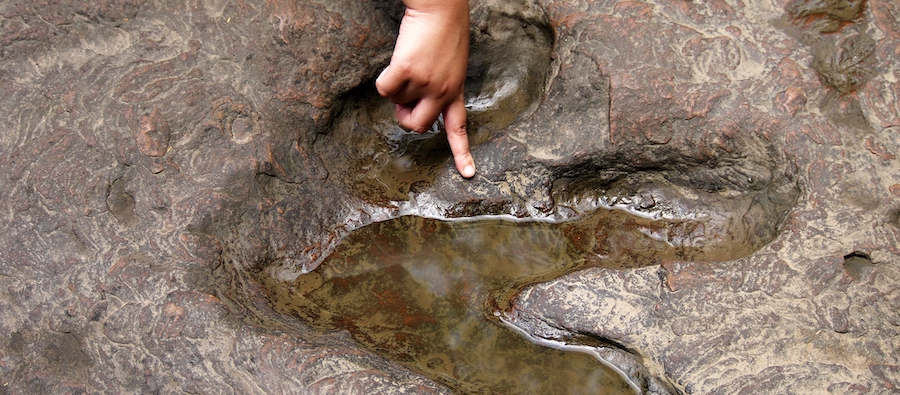
Shutterstock
The God of the Bible is not a “nature deity.” Despite what prominent atheists might preach, He is not someone Christians use to explain phenomena we don’t understand. The God of the Bible is not a “god of the gaps” in that sense. He is a God of the gaps, though, in the sense that He is the God of everything. You see, Christians believe God is behind all that we can see and behind all that we can’t; He is the author of the things we deeply understand and the things that deeply unsettle us.
That is why statements like “science has disproved God” are so disconcerting. When you think a little bit harder about them, they don’t make any sense. Any decent mechanic understands how a car works, but they wouldn’t dare to deny the car was designed by someone. Even if the mechanic went to the factory where the car was assembled and saw hydraulic arms putting the pieces together, he wouldn’t just go “wow, this factory made the car.” Someone clearly put the factory together and designed the process through which the car was built.
Understanding how something works, then, is no reason to believe no one designed that something. That applies to the understanding of the process of how things came to be! Being able to describe that process accurately does not mean that the process has no Author. Understanding how creation works never makes God go away. Christians should be happy to explore nature and “fill in” the gaps of human understanding (I use quotation marks because the gaps are never actually filled, since every discovery opens up dozens of new questions). God can be glorified through eurekas and through confused groans.
When Christians in science don’t understand something, the appropriate response is not “oh well, God must have His hand on this” and stop the experimentation. We know God has His hand on this—God has His hand on everything! The thing we want to understand is how. So we press on. Although the average believer might be perfectly content merely saying “God did it” when he gazes upon the heavens, the scientist —as devoted a Christian she might be— will never be content with that statement. She knows God did it! That’s not the point. As a scientist, the question she’s trying to answer is how He did it. We might get answers or we might not. Even if we don’t, the answer might be found a century from today. And God will continue to be as worthy of our praise as He is now.
The Bible states that the wisdom and power of God are shown through His works. This applies to the ones we get and the ones we don’t. The funny thing is that the things we get inevitably uncover new things we don’t get. Doesn’t that sound like we’re pursuing a God of infinite wisdom and power? Do that with joy, and fear not. Science has not disproved God.




